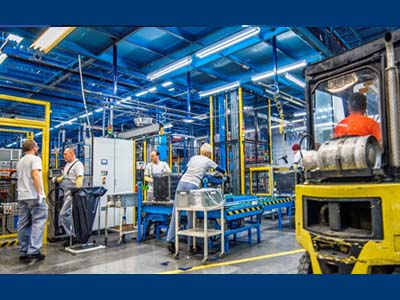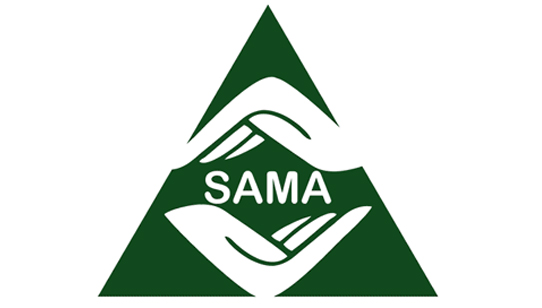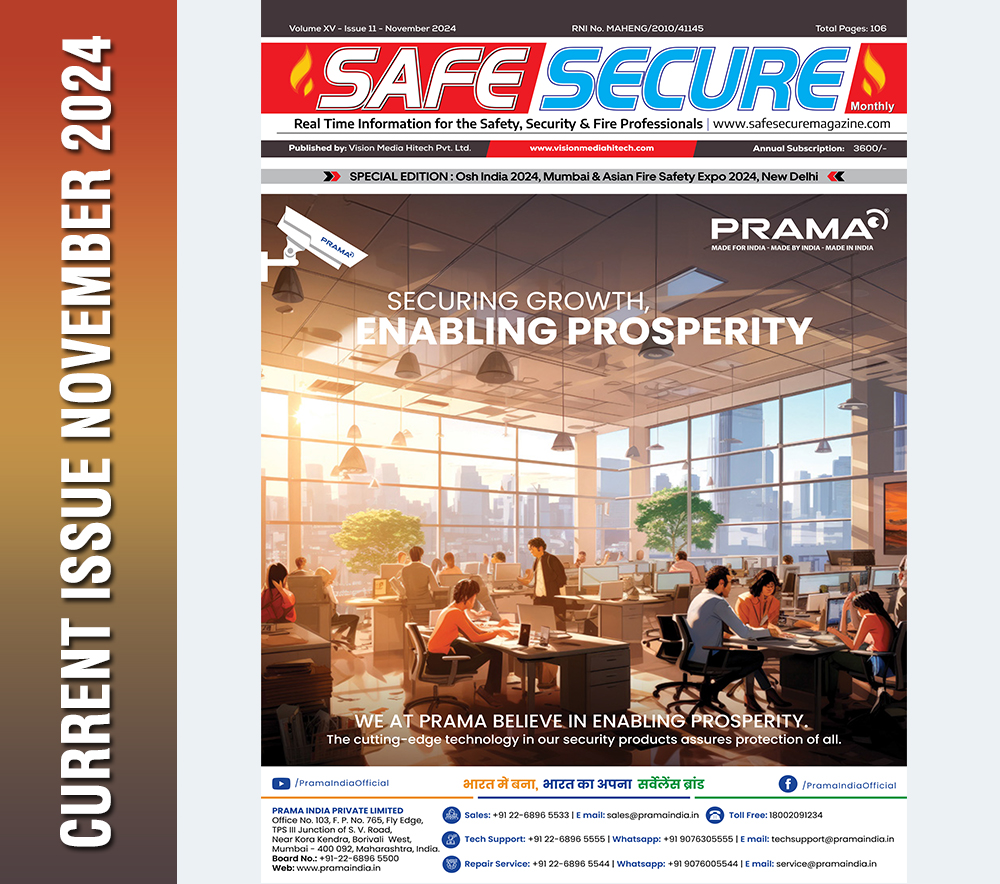Improving safety and security at automotive plants

The automotive industry involves a wide range of companies and organizations that design, develop, market, and sell motorized vehicles – one of the largest industries in the world by revenue.
Although many automotive manufacturers have moved operations to China and Japan, America still operates many automotive plants around the country – producing hundreds of thousands of new vehicles each year.
Modern production lines
Automotive production lines haven’t changed much since the days of Henry Ford. The vehicles still come to workers at individual work stations, each worker performs a specific task – when all of the tasks are done, a brand new car is complete.
On modern production lines, however, many parts that go into assembling a car aren’t made on-site.
Instead, automotive manufacturers will purchase parts (like brake rotors, transmissions, etc.) from other companies.
One of the keys to the success of auto plants is efficiency – which is why many manufacturers standardize products. As Henry Ford said about his Model T, “You can have any color you want, as long as it’s black.” He was actually making a point about the production line: because each stage is interdependent on the others to make a complete car, changing one stage means changing others, and that means slowing down a very efficient system.
Since today we have a wide variety of cars in different colors and shapes, modern auto plants use platform sharing – when a company designs their vehicles to share parts. This saves companies money, makes production easier, and gives consumers what they want – variety.
The future of production lines
Although the basic principles of production lines are the same for the automotive industry, recent innovations are causing some changes. Robots are now replacing many production-line jobs that humans once performed. Although this costs an autoworker their job, production costs are lower – not to mention it’s safer to use autonomous workers.
Modern production lines aren’t just cleaning up their architecture, many are also working to clean up the environment. For example, factories like Subaru, Honda, and Toyota are working to contribute zero waste to landfills – in fact, 99 percent of the waste is recycled at these American plants.
Maintaining efficiency with surveillance
Video surveillance is a great way to bolster the efficiency of your automotive production line. With properly installed security cameras, auto plant managers can heighten productivity by identifying problem areas. By using video footage to visualize the current state of operations, documenting any slowdowns, and identifying processes that need to change, plant managers can enhance the efficiency of their automotive manufacturing facility with the help of experienced security professionals.
Enhancing safety and security
Many of us have seen old newsreel footage of autoworkers building cars in greasy, dirty factories. Although modern automotive production lines have been praised for their clean, bright facilities, with open architecture, there is always room to improve on the safety and security of plants, their workers, and the products they keep. Some of the benefits of security and surveillance for automotive production plants are:
Remote Monitoring: For managers who need to be in two places at once, or manage multiple sites, remote access can be an indispensable tool. Make sure you ask your security installer about the remote access capabilities of the products you selected.
Mitigating Risks and Hazards: Automotive factories involve a lot of different processes, autonomous workers, heavy equipment, and possibly dangerous procedures. Surveillance is a great way to keep a close eye on whether or not safety precautions are being properly followed.
Monitoring Inventory and Shipments: Many automotive plants receive numerous shipments for various parts of the final product. Properly installed security cameras can help ensure the safe arrival and storage of inventory, raw materials, parts, equipment, and other products. You can also track and safeguard raw materials and other inventory and receive notifications when there are any deliveries or movement around sensitive areas.
Monitor and Deter Intruders: Protection from physical intrusions is critical to loss prevention. Security cameras and access control can provide alerts that aid in protecting your stock, important machinery, or other expensive items.
(This "Security Blogs" Published in May 2023 Edition)













